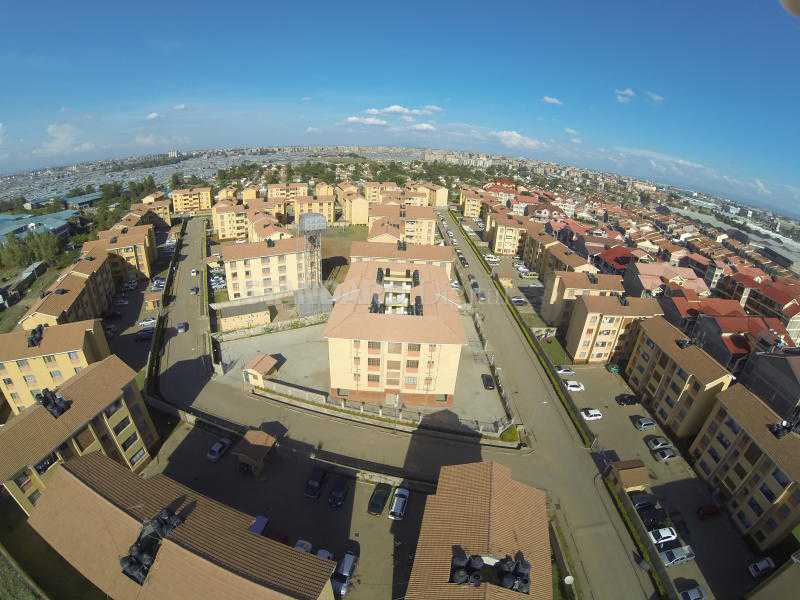×
The Standard e-Paper
Kenya’s Boldest Voice

President Uhuru Kenyatta identified four key pillars that would form the core of his economic agenda – food security, affordable housing, manufacturing and inexpensive healthcare.
But even as the Jubilee administration rolls out policies that would see these projects come to fruition by 2022, analysts are already poking holes into the promise that Kenya can deliver affordable housing to its citizens in the next five years.